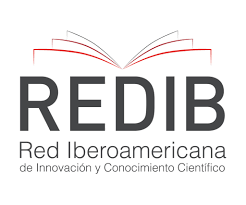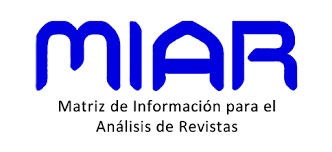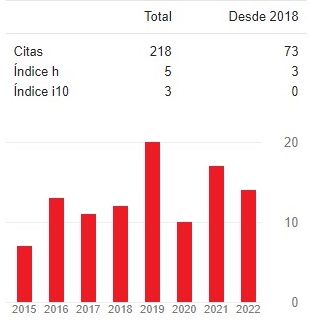La tesis de la Empatía en Edith Stein, una orientación en torno al concepto de persona
DOI:
https://doi.org/10.51743/cpe.455Palabras clave:
antropología fenomenológica, Edith Stein, empatía, personaResumen
La premisa de este trabajo es que el concepto de empatía tiene implicaciones más allá de epistemológicas. Deja ver la importancia de considerar al otro más que como un sujeto psicofísico, como persona. Lo cual implica –en virtud de que Stein es partidaria de la fenomenología– la posibilidad de estudiar la estructura de la persona y, además, la corresponsabilidad de la interacción entre éstas, en el marco de la intersubjetividad; así como la posibilidad del conocimiento de la persona propia, por medio del conocimiento de la ajena. Implica así, una orientación ética que tiene de trasfondo el ser con y para otros. Por un lado, la filósofa pretende desvelar la forma en que es posible acceder a estos fenómenos de la experiencia ajena por medio de la empatía. Por otra parte, Stein esboza el concepto de persona y enfatiza la relevancia del cultivo del ente para su pleno desenvolvimiento. Así, al final se deja ver una especie de vínculo de reciprocidad entre ambos conceptos, lo cual permite concebir el tema de la empatía desde horizontes de formación de la persona con miras a una ética que posibilite una coexistencia que tenga en consideración al otro.
Descargas
Citas
Ferrer, U. (2008). Para comprender a Edith Stein. Claves biográficas, filosóficas y espirituales. Palabra.
Haya, F. (2004). La estructura de la persona humana según Edith Stein. Cuadernos del Anuario Filosófico. Serie Universitaria, nº 166. (166_3.pdf (unav.edu)
Herbstrith, W. (1990). El verdadero rostro de Edith Stein. Encuentro. Trad. Melchor Sánchez de Toca.
Husserl, E. (2014). Ideas relativas a una fenomenología pura y una filosofía fenomenológica. Libro segundo: investigaciones fenomenológicas sobre la constitución. FCE.
Previati, A. (2020). Edith Stein. Fiel a la Estrella de David y a la cruz de Cristo. Editorial Alba.
Sánchez, M. R. (2014). Antropología filosófica y personalismo en Edith Stein. Primeras aproximaciones. Universidad Veracruzana.
San Martín, J. (2016). Fenomenología trascendental y antropología filosófica. En: Antropología y Fenomenología. Antropología filosófica y filosofía social. Centro Mexicano de Investigaciones Fenomenológicas.
Stein, E. (2005). Sobre el problema de la empatía. En: Obras Completas II. Monte Carmelo, pp. 55-203.
Stein, E. (2005). Introducción a la Filosofía. En: Obras Completas II. Monte Carmelo, pp. 55-203.
Descargas
Publicado
Cómo citar
Número
Sección
Licencia
El autor conserva los derechos patrimoniales (copyright) de las obras publicadas, y la revista favorece y permite la reutilización de las mismas, desde el preprint. Las obras se publican en la edición electrónica de la revista bajo una licencia “Creative Commons Atribución/Reconocimiento-NoComercial 4.0 Licencia Pública Internacional — CC BY-NC 4.0”, y se pueden copiar, usar, difundir, transmitir y exponer públicamente .
Los autor/es transfieren parcialmente los derechos de propiedad del presente trabajo para las ediciones impresas y online, siempre que:
- Se cite la autoría y la fuente original de su publicación (revista, editorial y URL de la obra).
- No se usen para fines comerciales.
- Se mencione la existencia y especificaciones de esta licencia de uso.
Se declara además haber respetado los principios éticos de investigación y estar libre de cualquier conflicto de intereses.
«C.P.E.» anima a los autores y a la comunidad científica a la máxima promoción y difusión de los trabajos en su versión definitiva a través de:
1) Su lista de contactos (mails) y redes sociales (Facebook, Twitter, LinkedIn…).
2) Repositorio institucional de su Universidad y repositorios públicos (Mendeley, Cosis…).
3) Redes sociales científicas (ResearchGate, Academia.edu, Kudos...).
4) Web personal o institucional, blog, etc.
5) Google Scholar, ORCID, ResearchID, ScopusID, Dimensions, PlumX...
6) Ejemplares impresos adquiridos directamente y enviados a especialistas para su lectura y posterior citación si procede.




















1.png)
1.png)

1.png)





.png)
.png)

.png)
1.png)
1.png)
